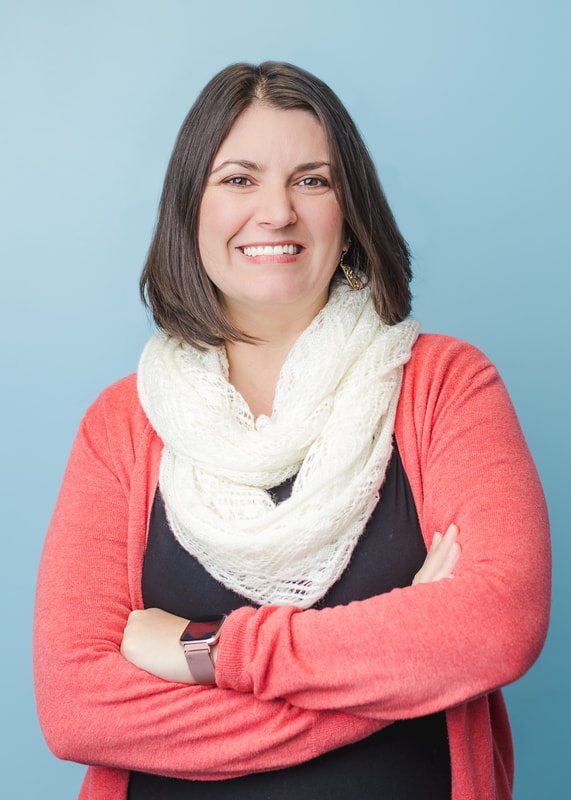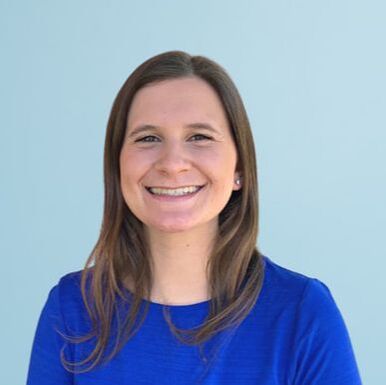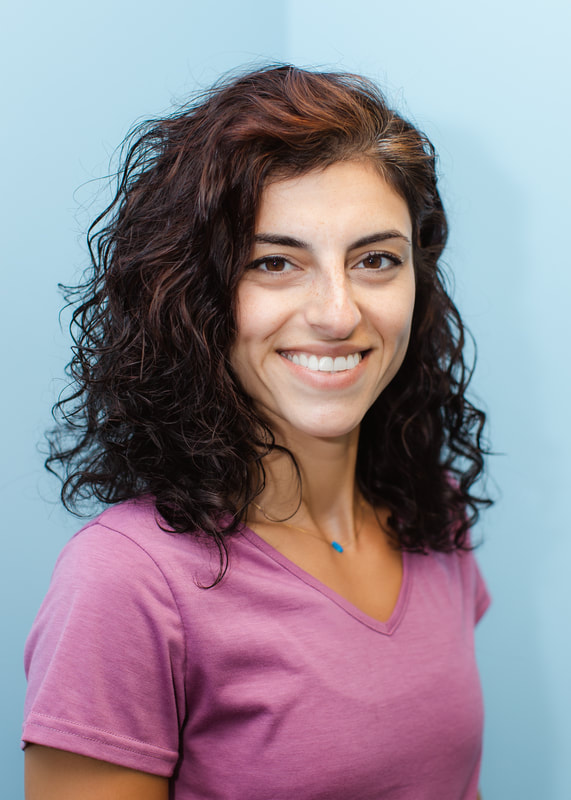-
What is Speech Therapy?
-
Our Speech Team
<
>
What is speech therapy?
According to the American Speech-Language-Hearing Association (ASHA, 2002), speech pathologists work to prevent speech, voice, language, communication, swallowing, and related disabilities. They screen, identify, assess, diagnose, refer, and provide treatment and intervention, including consultation and follow-up services, to children at risk for speech, voice, language, communication, swallowing and related disabilities (Case-Smith, 2005).
Speech and language disorder can affect the way children talk, understand, analyze or process information. Speech disorders include the clarity, voice quality, and fluency of a child’s spoken words. Language disorders include a child’s ability to hold meaningful conversations, understand others, problem solve, read and comprehend, and express thought through spoken or written words.
Communication also develops in an orderly sequence. Language skills are divided into receptive and expressive language. Receptive Language refers to what a child understands such as vocabulary, following directions and pointing to pictures. Expressive language refers to what a child can communicate either by words, signs or gestures. Speech skills are the skills required to produce certain sounds, often called articulation or phonology. Speech-language pathologists may also prescribe and dispense augmentative and alternative communication devices and other communication prostheses and assistive devices. Furthermore, they work with children who have oral motor problems that cause eating and swallowing disorders.
Speech and language disorder can affect the way children talk, understand, analyze or process information. Speech disorders include the clarity, voice quality, and fluency of a child’s spoken words. Language disorders include a child’s ability to hold meaningful conversations, understand others, problem solve, read and comprehend, and express thought through spoken or written words.
Communication also develops in an orderly sequence. Language skills are divided into receptive and expressive language. Receptive Language refers to what a child understands such as vocabulary, following directions and pointing to pictures. Expressive language refers to what a child can communicate either by words, signs or gestures. Speech skills are the skills required to produce certain sounds, often called articulation or phonology. Speech-language pathologists may also prescribe and dispense augmentative and alternative communication devices and other communication prostheses and assistive devices. Furthermore, they work with children who have oral motor problems that cause eating and swallowing disorders.
What needs do Speech therapy address?
- Provide prevention, screening, consultation, assessment and diagnosis, treatment, management, and counseling for the following disorders:
- Speech
- Language (comprehension and expression in oral, written, graphic language: language processing, and pre-literacy
- Swallowing
- Sensory awareness related to communication
Why should i pick Crossway for my Speech therapy needs?
We use evidence-based assessments and therapies, clinical knowledge and your goals to write motivating and effective management plans. We are experts in speech, language and literacy. You are the expert in your child (among many other things) and we respect that. We work with you for the benefit of your child.
|
|
|
|






